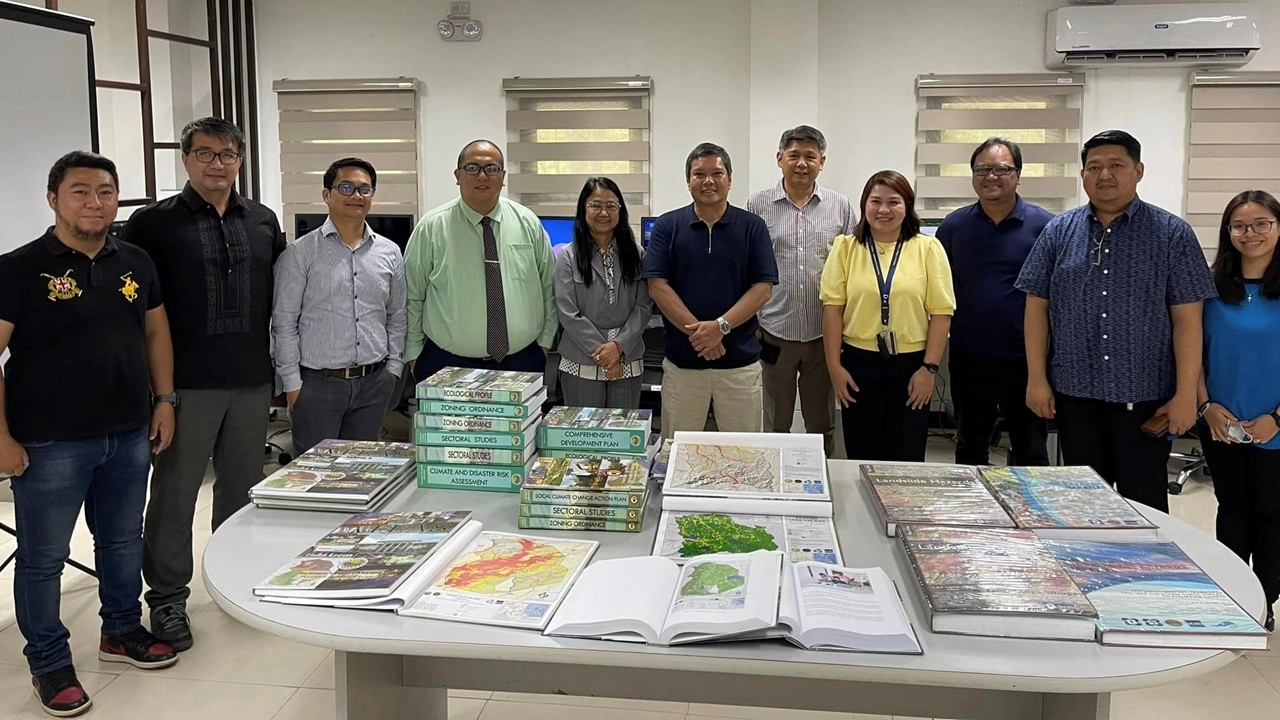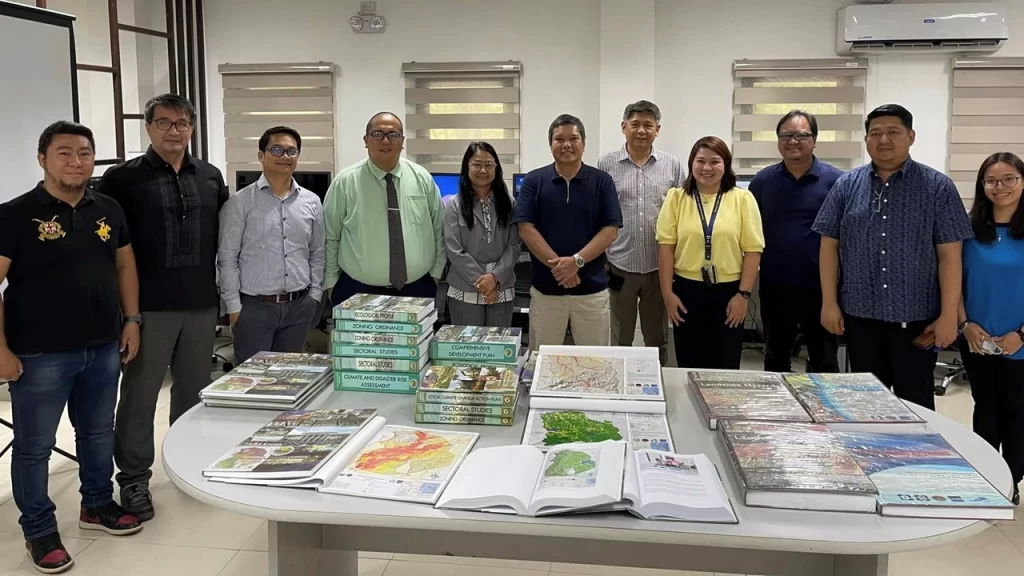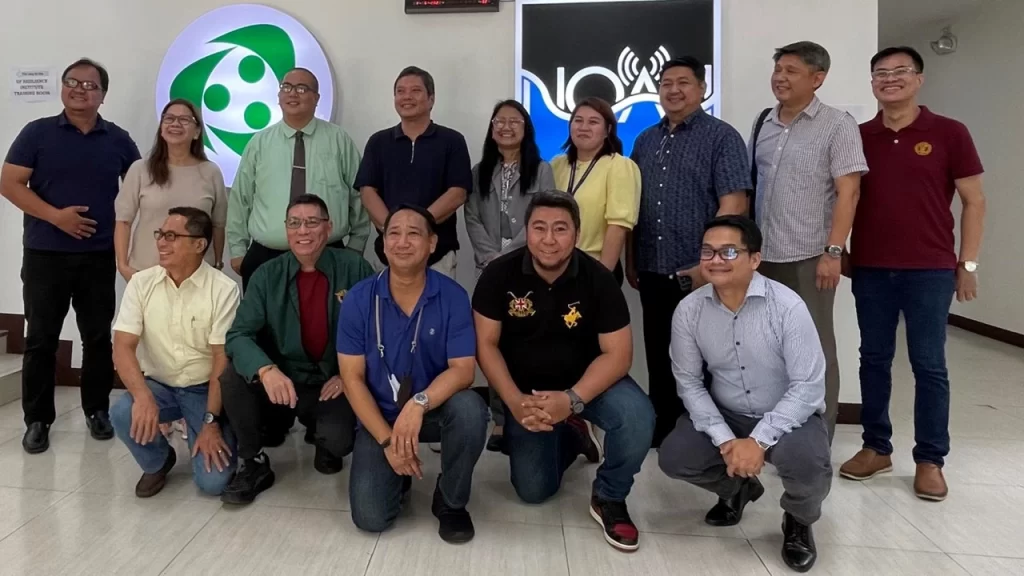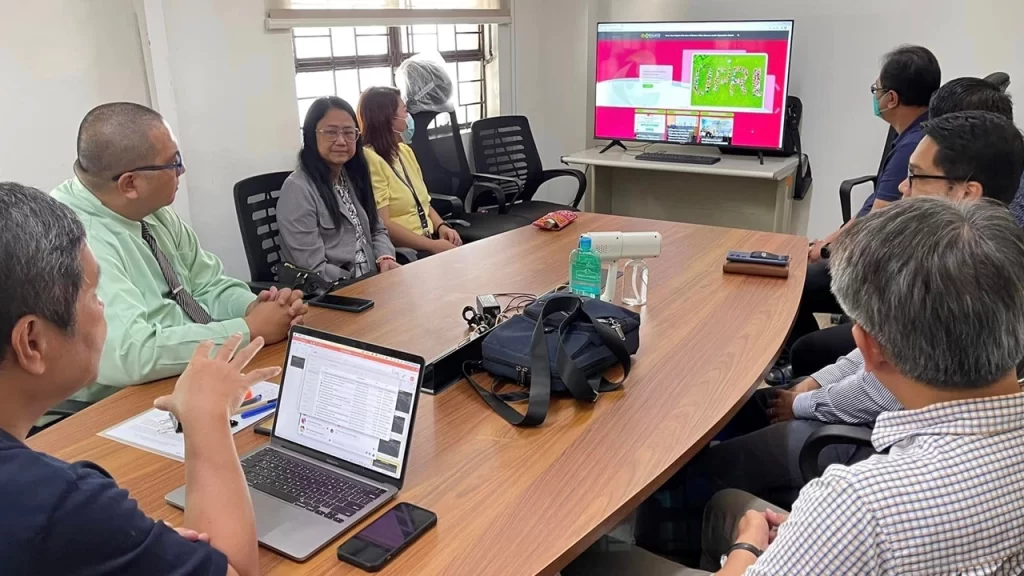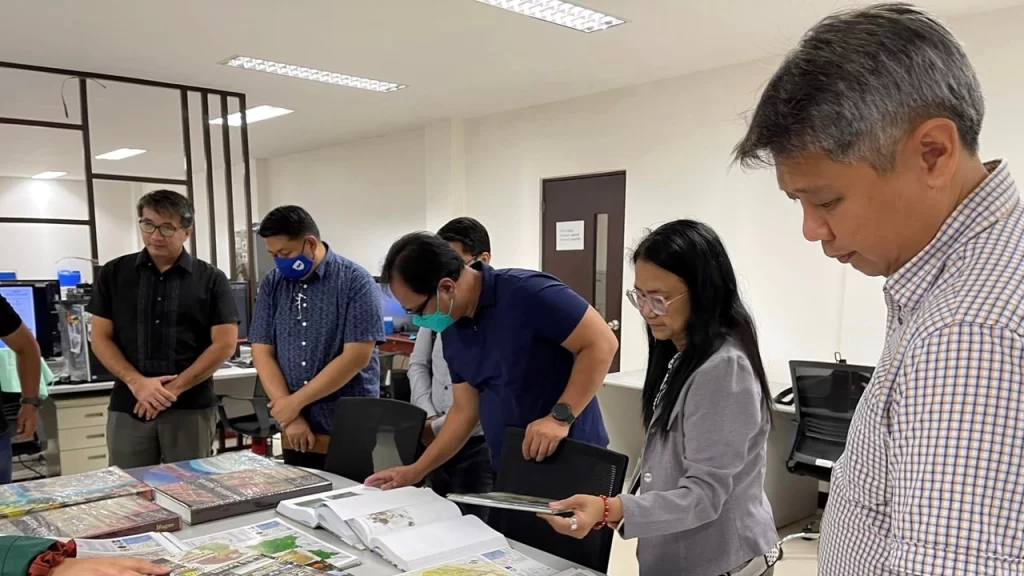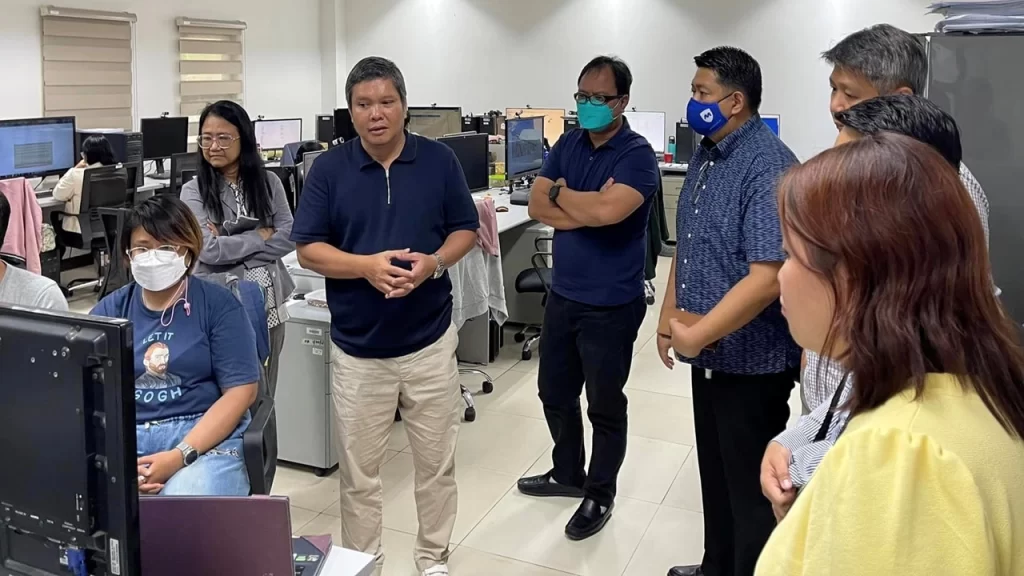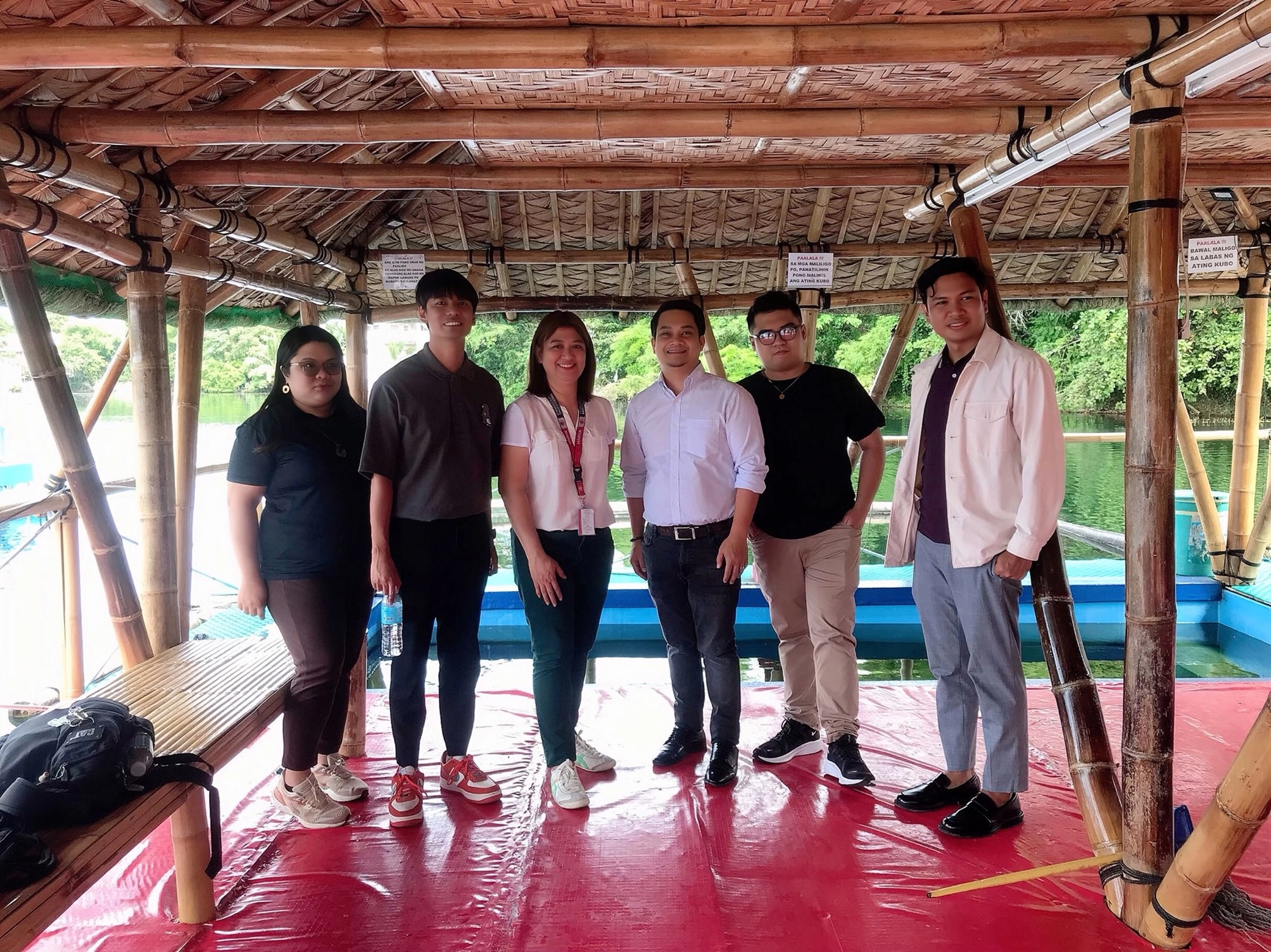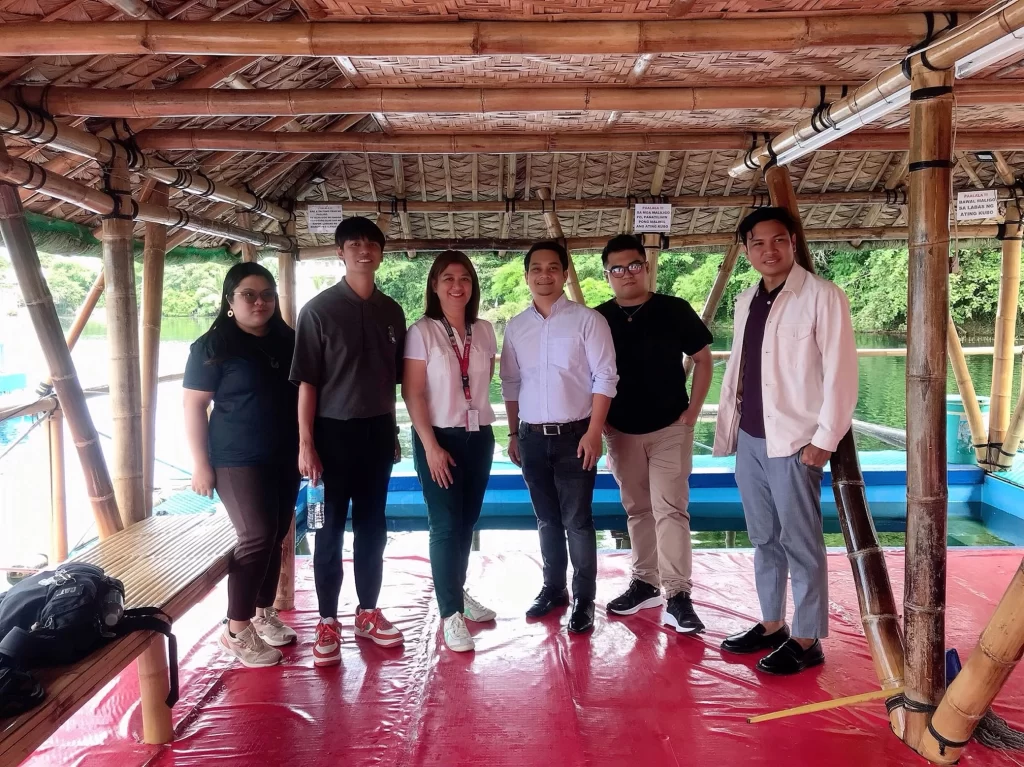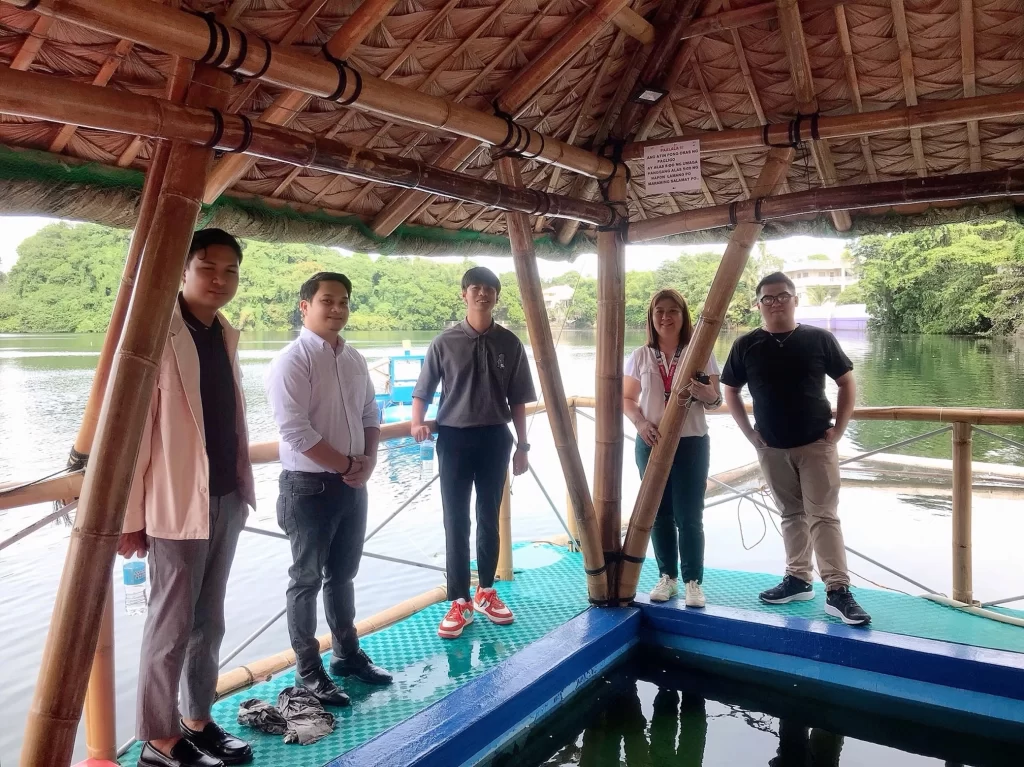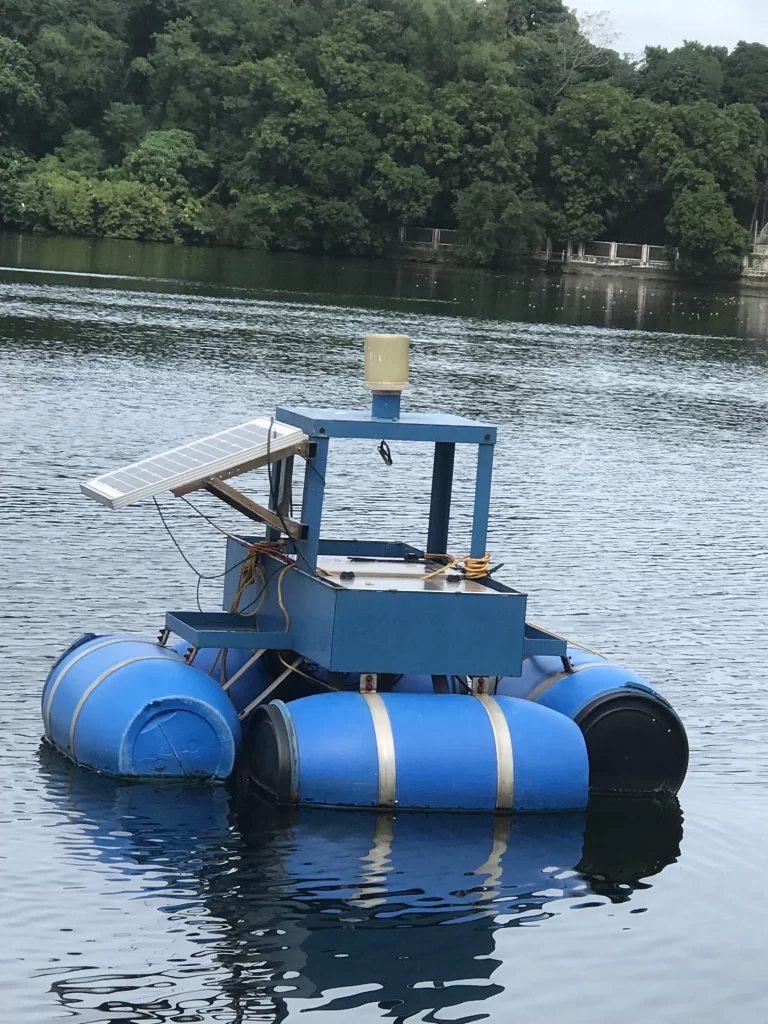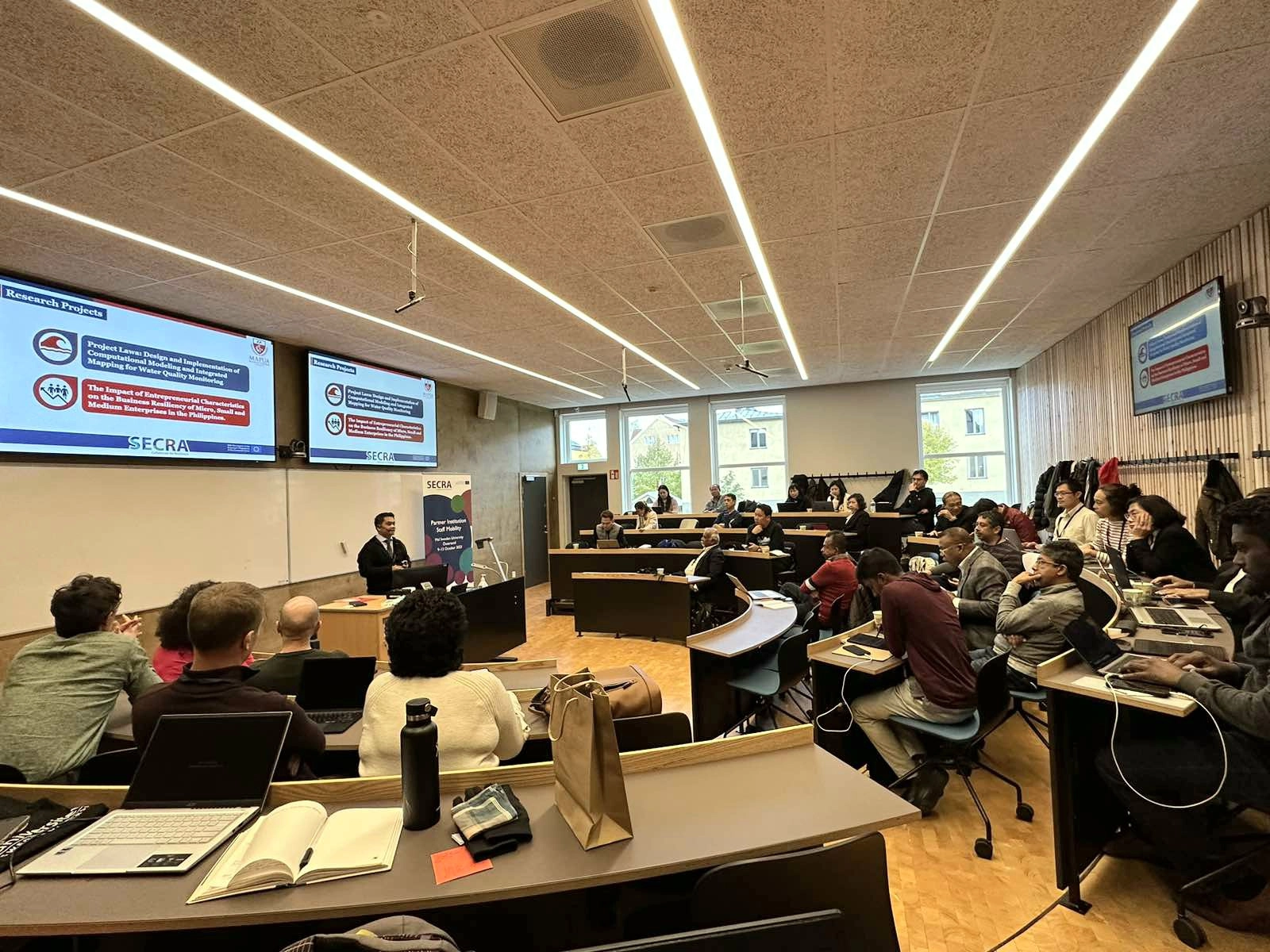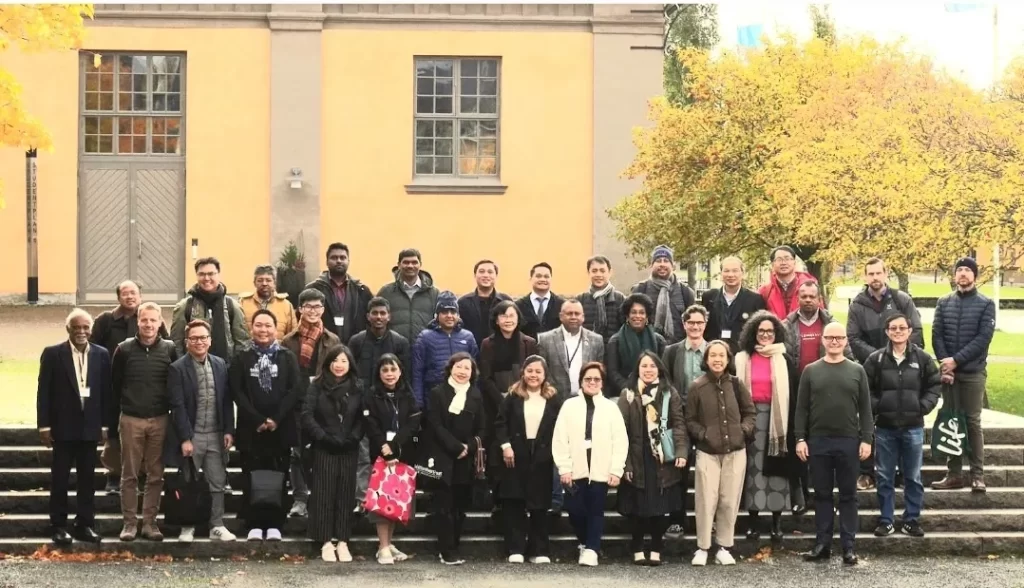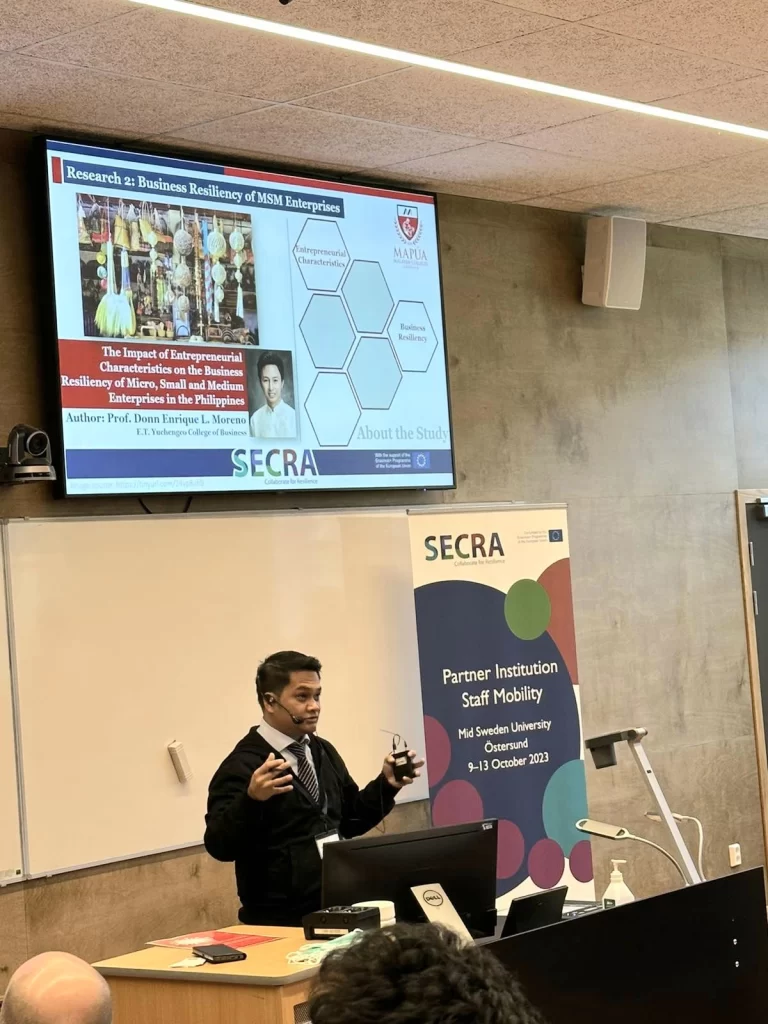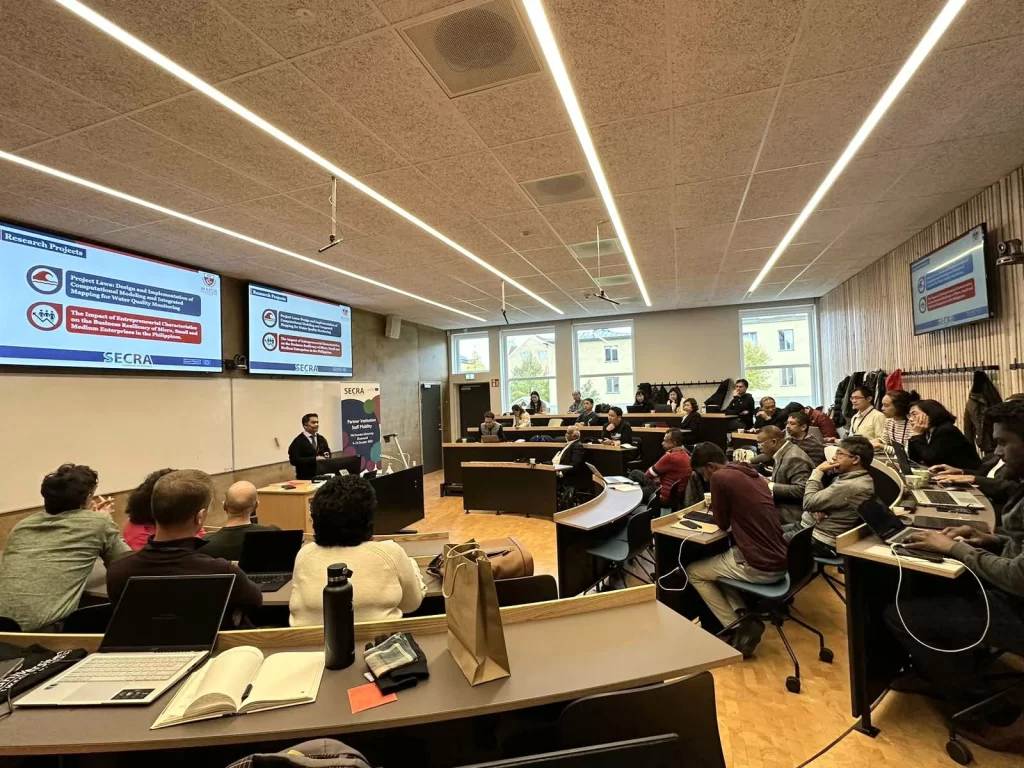A Collaboration for Resilience: The Mapúa MCL and UP Resilience Institute (UPRI) Partnership
The collaboration between Mapúa MCL and the University of the Philippines Resilience Institute (UPRI) will soon be finalized through a Memorandum of Understanding with both parties agreeing to be partners in promoting resilience through Research and Development (R&D), capacity building, sharing of useful resources and information, and other related activities.
Since last year, UPRI and Mapúa MCL have conducted relevant activities that support each other’s objectives and programs. UPRI participated in Mapúa MCL’s webinar last January 6, 2023 titled, “Climate Action and Disaster Resilience: An Academe-Enterprise Collaboration.” This activity of Mapúa MCL is part of the initiatives under the school’s SECRA program, which is a three-year project co-funded by the Erasmus+ of the European Union (EU). The Executive Director of UPRI, Dr. Alfredo Mahar Francisco Lagmay gave a talk on the initiatives of the Institute, particularly on the hazard monitoring activities of what used to be Project NOAH (Nationwide Operational Assessment of Hazards), now UP Resilience Institute. He also discussed the current status, gaps, and the needs of the country related to hazard monitoring, disaster risks, calamity response, and other related issues. Lastly, Dr. Lagmay highlighted the importance of probabilistic models to the faculty and student participants.
The collaboration between Mapúa MCL and the University of the Philippines Resilience Institute (UPRI) will soon be finalized through a Memorandum of Understanding with both parties agreeing to be partners in promoting resilience through Research and Development (R&D), capacity building, sharing of useful resources and information, and other related activities.
Since last year, UPRI and Mapúa MCL have conducted relevant activities that support each other’s objectives and programs. UPRI participated in Mapúa MCL’s webinar last January 6, 2023 titled, “Climate Action and Disaster Resilience: An Academe-Enterprise Collaboration.” This activity of Mapúa MCL is part of the initiatives under the school’s SECRA program, which is a three-year project co-funded by the Erasmus+ of the European Union (EU). The Executive Director of UPRI, Dr. Alfredo Mahar Francisco Lagmay gave a talk on the initiatives of the Institute, particularly on the hazard monitoring activities of what used to be Project NOAH (Nationwide Operational Assessment of Hazards), now UP Resilience Institute. He also discussed the current status, gaps, and the needs of the country related to hazard monitoring, disaster risks, calamity response, and other related issues. Lastly, Dr. Lagmay highlighted the importance of probabilistic models to the faculty and student participants.
To further reinforce the foundations of the partnership, Mapúa MCL Team composed of its administrators visited the UPRI Institute on June 1, 2023. The visiting MMCL Team is Days after the webinar, an online exploratory meeting between Mapúa MCL and UPRI was conducted with administrators and officers of both institutions as participants. During the meeting, Dr. Lagmay discussed potential projects that Mapúa MCL can start. He also discussed the Citizen Science initiative which Mapúa MCL can utilize as a model. Citizen Science is the collection and analysis of data coming from participating members of the general public who serve as collaborators contributing data to scientists and researchers.
composed of Executive Vice President and Chief Operating Officer Engr. Anthony Hilmer S. Medrano, Vice President for Academic Affairs (VPAA) Engr. Maribel G. Songsong, Assistant Vice President for External Relations and Global Linkages Prof. James Ronald O. Mesina, Director for Research Dr. Hermie V. Articona, MITL Dean Engr. Jesunino R. Aquino, CCIS Dean Khristian G. Kikuchi, and Office for Strategic Partnerships and Global Engagement (OSPGE) Director Ms. Pearl Stephanie Ulep. They were given a tour of the facilities of UPRI and was oriented on the activities of the institute.
The most recent activity between the two institutions was the visit of SECRA international participants to the UP Resilience Institute last November 17, 2023. Facilitated by the SECRA Philippine Team composed of Mapúa MCL, Ateneo de Manila University, and Philippine Normal University, SECRA participants from UK, Estonia, Sweden, Sri Lanaka, and Thailand visited the UPRI. They were oriented on the work of the institute during the visit. Also, they were able to witness a demonstration on how hazards are monitored by the institute. Lastly, they were given opportunities to see actual published reports given to LGUs who ask UPRI’s assistance in mapping out risks in their area.
Both Mapúa MCL and the UP Resilience Institute are looking forward to having a Memorandum of Understanding to make the partnership official. Under the MOU, they are hoping to conduct more productive activities, research projects, and other capacity building activities that would benefit not only the members of the two institutions, but the whole nation as well.


